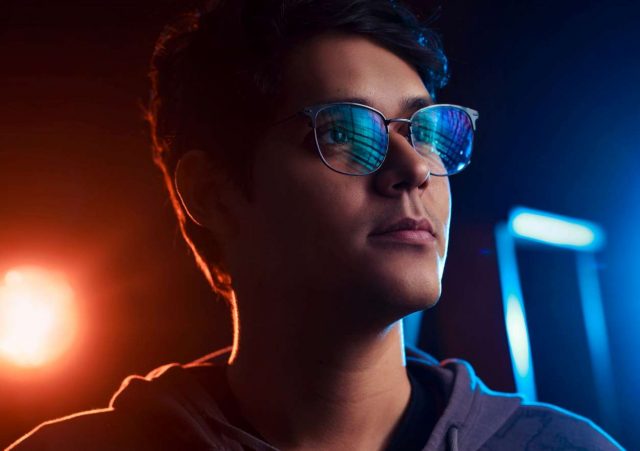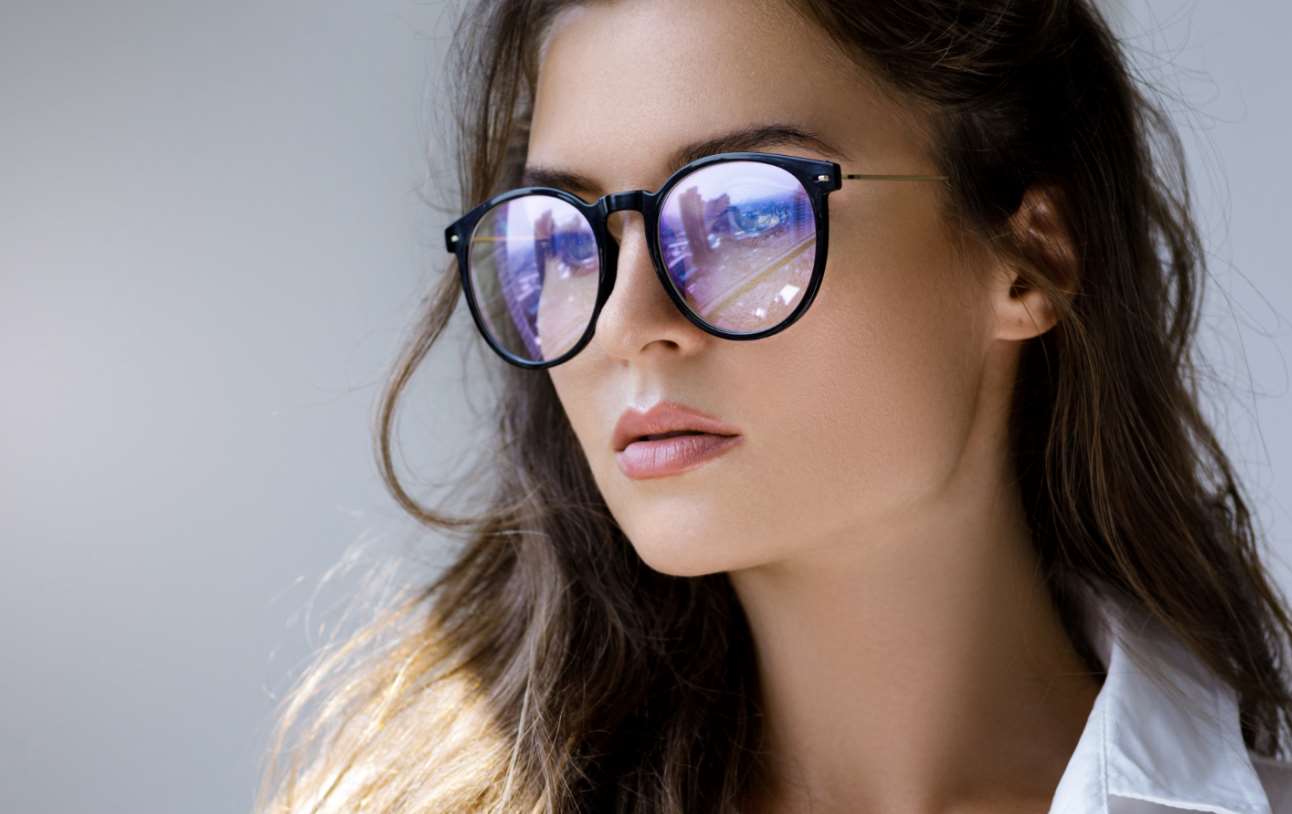Blue light is a type of electromagnetic radiation that is emitted by electronic devices such as smartphones, laptops, and TVs. It has been shown to cause eye strain, fatigue, and even sleeplessness. For this reason, it is important to protect your eyes from blue light exposure by using blue light glasses.
When it comes to blue light glasses, there are a lot of different options available on the market these days. So, how do you know which one is right for you? In this article, we will explore the different factors you need to consider when choosing blue light glasses, as well as some of the best options available on the market today.
Lens Type
The first thing you need to consider when choosing blue light glasses is the type of lens. There are three main types of lenses: yellow-tinted, orange-tinted and clear lenses. Yellow-tinted ones are the most common type of blue light glasses and are designed to block blue light and other potentially harmful wavelengths. They are ideal for people who spend a lot of time in front of screens or who have trouble sleeping.
Orange-tinted lenses are similar to yellow-tinted lenses, but they offer slightly more protection against blue light. They are ideal for people who work long hours on their computers or use their phones late at night. Clear lenses are the least effective type of blue light glasses, but they still offer some protection against blue light. They are ideal for people who want to reduce eye strain or fatigue but don’t want to change the way their screens look.
Frame Type
The next thing you need to consider when choosing blue light glasses is the type of frame. The two main frame types include full-frame and half-frame glasses. Full-frame glasses cover your entire field of vision and offer the most protection against blue light while half-frame glasses only cover part of your field of vision and offer less protection. However, they are more lightweight and comfortable to wear than full-frame glasses, making them ideal if you plan on wearing them for long periods.
Filter Strength
One of the most important factors to consider when choosing blue light glasses is the strength of the blue light filter. The stronger the filter, the more effective it will be at blocking out blue light. Some filters can block out up to 100% of blue light while others only block out a small percentage. If you are someone who is exposed to a lot of blue light, such as if you work long hours in front of a computer, it is important to choose a pair of glasses with a strong filter.
However, you also need to be careful not to choose a filter that is too strong, as this can cause your eyes to become overly sensitive to light and make it difficult to see. So if you only want to reduce eye strain and fatigue, you may not need a pair of glasses with a very strong filter. A pair of glasses with a weak filter will still help to reduce blue light exposure and can be more comfortable to wear for long periods.
Price
The last thing you need to consider when choosing blue light glasses is price. Blue light glasses can range in price from around $10 to $200 or more. The most important thing is to find a pair of glasses that fits your budget and meets your needs. If you only need glasses for occasional use, then it is not necessary to spend a lot of money on a pair of high-end glasses. However, if you plan on using them every day, it is worth investing in a good-quality pair of glasses that will offer the best protection against blue light.
Many online stores that sell blue light glasses and other blue light blocking products offer different discounts and deals so you can easily find a pair of glasses that fits your budget. Therefore, it is always worth checking online to see if you can find a good deal before making your purchase. And if you are unsure of which type of glasses to choose, most stores offer free returns so you can try out different types and see which one is right for you.
So, which pair of blue light glasses are right for you? It all depends on your needs and preferences. But with so many different options available, it shouldn’t be too difficult to find a pair that suits your needs. Just keep in mind the factors mentioned above and you should be able to reduce eye strain, fatigue, and other negative effects of blue light exposure with ease.



